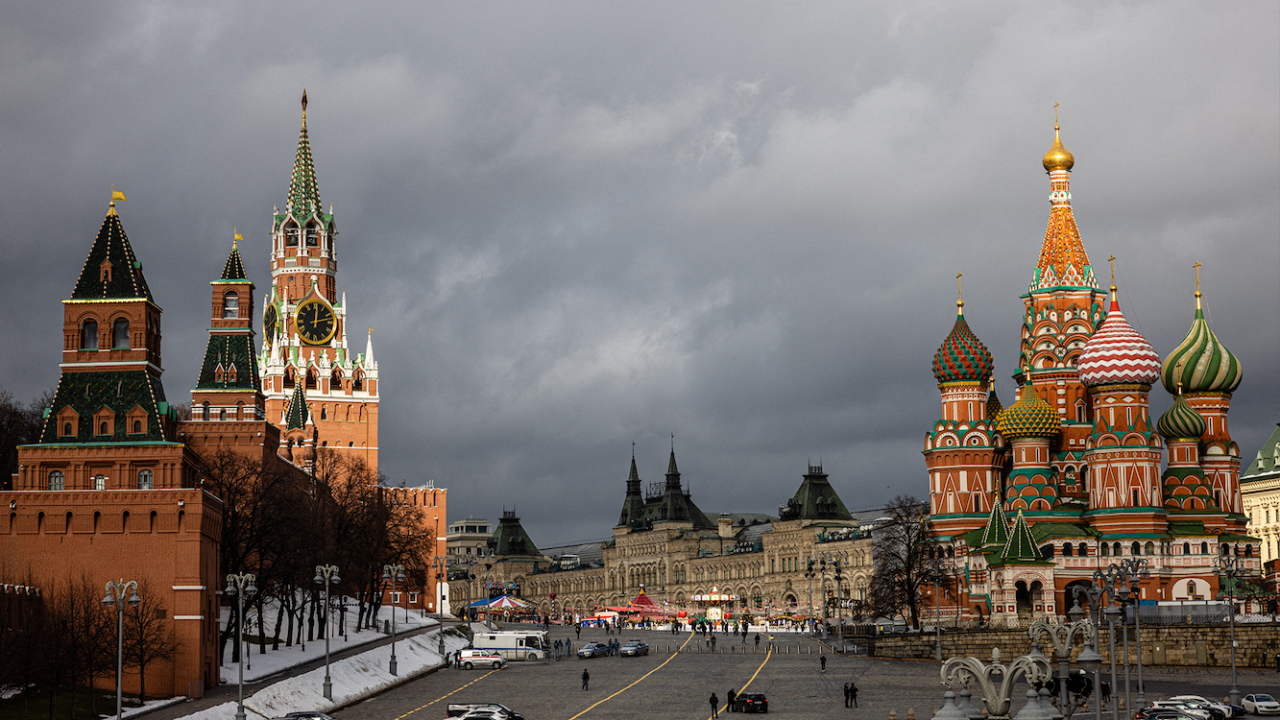
Why Russia and China’s move to shift world away from the US dollar is doomed to fail
- Attempts to de-dollarise global trade so Russia can keep selling commodities are running into difficulties while the rouble continues to depreciate
- The US dollar’s role as a freely exchangeable currency recognised the world over is withstanding attempts to weaken the West
Russia’s plan to replace the dollar is already starting to fall apart. Even though Indian Prime Minister Narendra Modi had said he was open to a rouble-rupee exchange for goods – India imports a significant amount of military weapons and natural gas – Moscow then said it wanted gas payments in euros instead.
It turns out Russia doesn’t want Indian rupees. Russian exporters are getting far less for their goods. The depreciating rouble has weakened about 18 per cent against the rupee versus only 12 per cent against the euro.
And while Beijing is a stalwart ally of Moscow and talking up a new Sino-Russian bloc to counter the United States and Nato, Chinese traders have been reluctant to do business with their Russian counterparts over fears they won’t be paid.
Capital controls would also need to be loosened so that holders of yuan could easily convert their currency. That could mean a run for the exits by those seeking a currency that is more easily used internationally.
However, trading freely would probably mean it would appreciate because the high demand for Chinese goods would drive up its price. That, in turn, would make exports more expensive and could raise the risk of unintended, undesirable economic consequences.
Despite the capital controls in place, money is still flowing out of China since the Ukraine crisis began. The International Institute of Finance’s chief economist Robin Brooks wrote recently that “outflows from China on the scale and intensity we are seeing are unprecedented, especially since we are not seeing similar outflows from the rest of emerging markets”.
And with all the talk of a new global financial order, the US dollar still accounts for nearly 60 per cent of globally allocated foreign exchange reserves as of the third quarter last year. That is practically unchanged from a year ago, according to International Monetary Fund data. Collectively, the US dollar, euro, yen and pound make up roughly 90 per cent of these reserves.
China stocks slip as Shanghai orders lockdown in Pudong, hitting big firms
Russia’s global trade is too small to make any real difference if countries shift to roubles or even cryptocurrencies such as bitcoin. Before its economy started to collapse under the weight of sanctions, Russia’s global trade accounted for 1.89 per cent of the world total, according to the World Trade Organization.
The US dollar is still the reserve currency of choice, even with years of loose US monetary policy that has swelled the Federal Reserve’s balance sheet to US$9 trillion as of this month. That is up from just over US$4 trillion two years earlier.
Its dominance has begun to wane a little, according to the IMF, as countries look to diversify their holdings. About 75 per cent of the shift has gone towards unconventional holdings and 25 per cent has flowed into the yuan.
Still, the US dollar remains the most fungible, secure and best store of value. There are no serious competitors to the rules-based international financial system, in place since the end of World War II.
Even with all its problems, the US dollar continues to serve a valued purpose as a freely exchangeable currency recognised in practically every country. That isn’t changing any time soon, no matter how Russia tries to weaken the West in pursuit of an empire beyond its borders.
Brian P. Klein is founder of RidgePoint | Global, a strategic advisory firm. He is a former US diplomat


